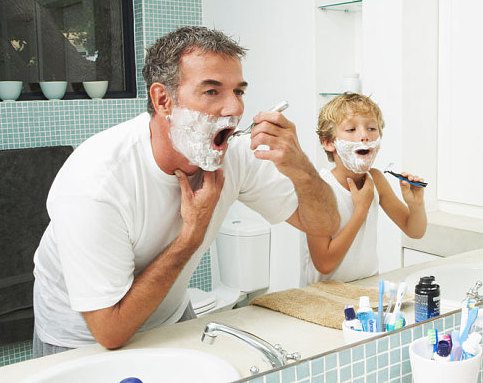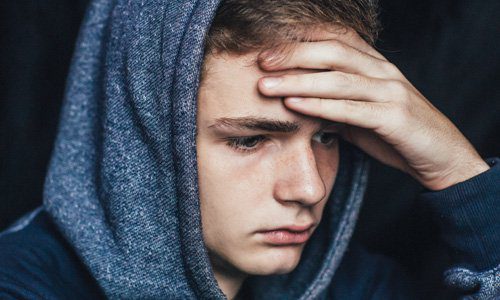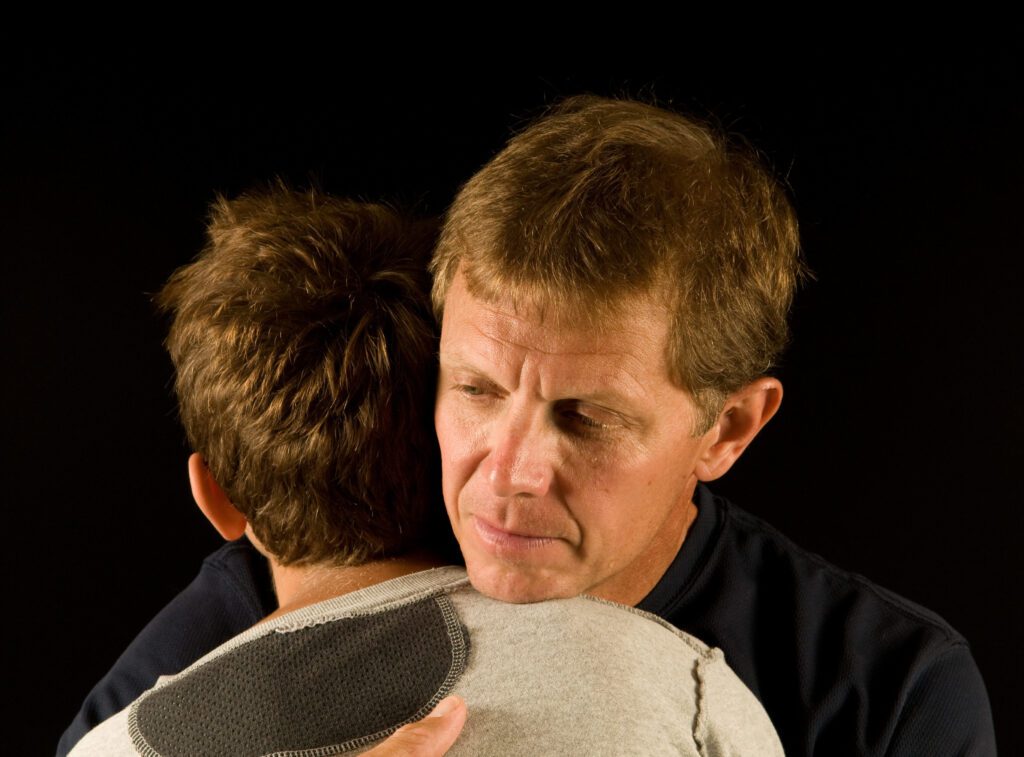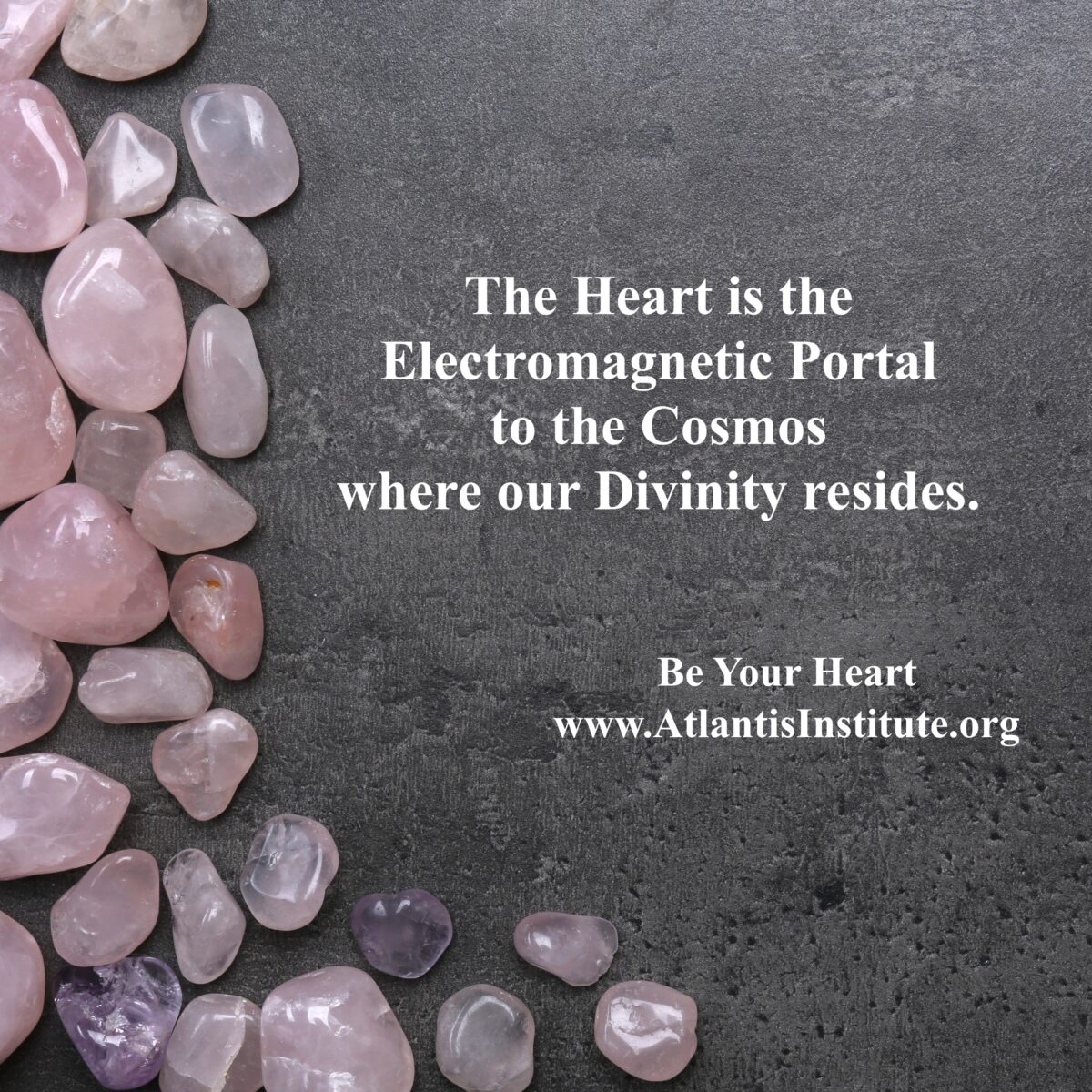There is no doubt that Homophobia is the scrouge of the 21st century, where we live in fear of being exposed of our own sexual desires
Homophobia – A dictionary explanation to satisfy the mind or head: “dislike of or prejudice against gay people”.
Homophobia - The Heartfelt Truth About What Homophobia Really Is: “Fear of my secret being exposed”
At its surface, homophobia is often defined as a “dislike of or prejudice against gay people.” While this definition may seem plausible, it barely scratches the surface of what homophobia truly represents. The reality is far more complex and deeply rooted in human emotions, shame, fears, and societal conditioning.
The heartfelt truth about homophobia is this: It is often a fear of one’s own secrets being exposed. This fear, whether conscious or subconscious, drives many of the negative attitudes and behaviours directed toward the LGBTQ+ community. To truly understand homophobia, we must look beyond the dictionary definition and explore its psychological, emotional, and societal underpinnings.
The Psychological Roots of Homophobia
Homophobia is not just an external prejudice; it is often a reflection of internalised fears and insecurities. These fears can stem from:
Childhood Conditioning
Many individuals grow up in environments that stigmatize, ridicule, or punish non-heteronormative behaviors. When children hear derogatory comments about LGBTQ+ individuals, they often internalize these messages, developing a fear of being associated with anything that challenges societal norms. This fear can fuel hostility or discomfort toward LGBTQ+ people, as they try to distance themselves from what they perceive as the 'other.
Fear of the Unknown
Homophobia often arises from a fear of what is different or unfamiliar. For some, the idea of non-heterosexual identities challenges their understanding of the world, leading to discomfort or even hostility.
Fear of Self-Discovery
Many people struggle with homophobia because they fear confronting their own sexual identity or desires. The worry that 'my secret will be exposed' stems from anxiety about being perceived as different or deviant in a society that values conformity. This fear often drives defensive behaviours, such as attacking LGBTQ+ individuals or backing discriminatory policies, as a way to shift attention away from their internal struggles.
Homophobia as a Defence Mechanism
Homophobia often acts as a defence mechanism, allowing individuals to protect themselves from the vulnerability of being truly seen. People project fear or hatred onto others to shield themselves from potential judgment or ostracism, avoiding the discomfort of confronting their own insecurities.
This projection often stems from
Internalised Shame: Feelings of shame about one’s own identity or desires can lead to outward expressions of homophobia.
Societal Pressure: Living in a society that values conformity can create immense pressure to fit in, even at the expense of others.
Unresolved Personal Conflicts: Homophobia can also arise from unresolved personal conflicts or insecurities, particularly those related to identity and self-acceptance.
The Societal Impact of Homophobia
Homophobia doesn’t just affect individuals; it has far-reaching consequences for society as a whole. It perpetuates discrimination, exclusion, and violence against LGBTQ+ individuals, creating a culture of fear and intolerance.
Some of the societal impacts include
Discrimination in Employment and Housing- LGBTQ+ individuals often face barriers to securing jobs and housing due to prejudiced attitudes.
Mental Health Challenges - The stigma and discrimination associated with homophobia contribute to higher rates of anxiety, depression, and suicide among LGBTQ+ individuals.
Barriers to Healthcare - Homophobia can prevent LGBTQ+ individuals from accessing the healthcare they need, leading to poorer health outcomes.
Addressing Homophobia: Understanding and Acceptance
To truly combat homophobia, we must address its root causes. This requires:
Empathy and Education
By fostering empathy and understanding, we can challenge the stereotypes and misconceptions that fuel homophobia. Education plays a crucial role in this process, helping individuals unlearn harmful beliefs and embrace diversity.
Encouraging Self-Reflection
Individuals who exhibit homophobic tendencies may benefit from exploring their own fears and insecurities. Therapy and self-reflection can help them confront these issues and develop a healthier sense of self.
Creating Inclusive Spaces
Society must work toward creating inclusive spaces where LGBTQ+ individuals feel safe and valued. This includes implementing anti-discrimination policies, promoting LGBTQ+ representation, and celebrating diversity.
Challenging Societal Norms
We must challenge the societal norms that perpetuate homophobia, such as rigid gender roles and heteronormative expectations. By embracing a broader understanding of identity and relationships, we can create a more inclusive world.
The Role of Psychological and Sociological Research
Psychological and sociological research has consistently highlighted the role of internalised fear, societal conditioning, and personal insecurities in shaping homophobic attitudes. Studies have shown that individuals who exhibit homophobic tendencies may harbour repressed same-sex desires or feel threatened by the idea of non-conformity.
By acknowledging the emotional and experiential roots of homophobia, we can better address it as a societal issue. This understanding allows us to approach the topic with compassion and work toward fostering acceptance and inclusion.
Moving Beyond Fear Toward Compassion and Empathy
Homophobia is not just a surface-level dislike or prejudice; it is a complex, deeply rooted fear that reflects personal and societal struggles. By recognising the emotional and psychological roots of homophobia, we can begin to dismantle its harmful effects and move toward a more inclusive and compassionate world.
We need to strive to replace fear and shame with understanding, prejudice with acceptance, and hatred with love. By doing so, we can foster a more inclusive world. Moreover, together, we can create a society where everyone, regardless of their sexual orientation or gender identity, feels valued and respected. Ultimately, this shift will help build a community rooted in empathy and equality
By David Ellis - Atlantis Institute





















